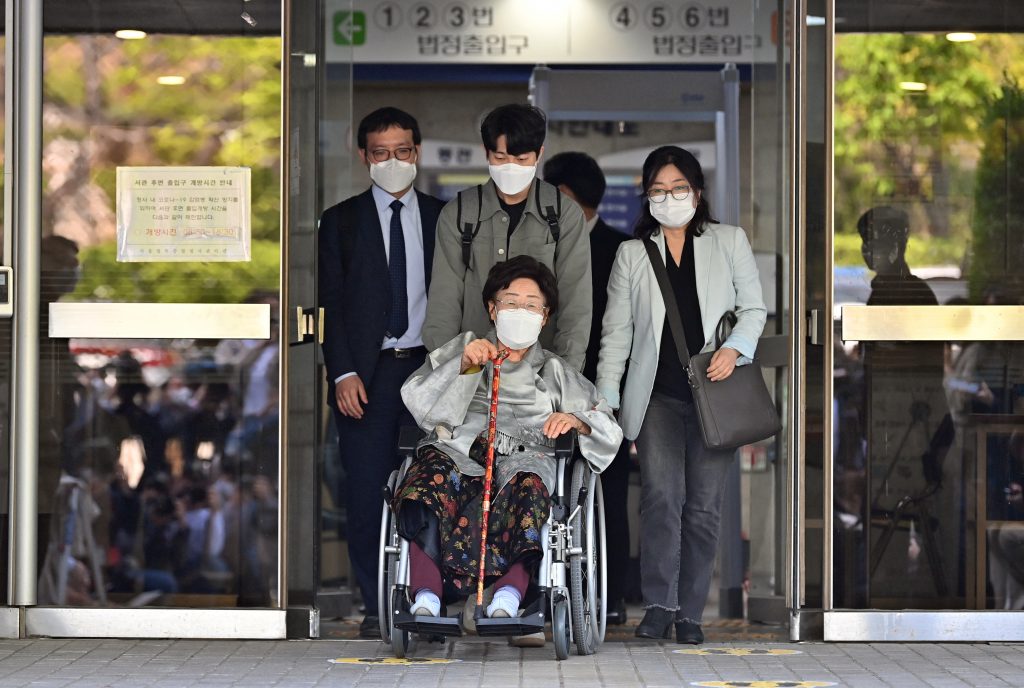
- ARAB NEWS
- 13 Jul 2025

TOKYO: Seoul Central District Court on Wednesday rejected former wartime comfort women’s demand for compensation from the Japanese government.
The ruling contradicted a verdict delivered in January by the same district court in a similar lawsuit filed by a separate group of former comfort women, which ordered the Japanese government to pay damages to such women over their wartime treatment.
The difference in the judicial decisions is expected to create great controversy in South Korea.
Comfort women, mostly Koreans, were forced to provide sex for Japanese troops before and during World War II.
Twenty plaintiffs, including Lee Yong-soo, a former comfort woman, are expected to file an appeal to the latest ruling.
The Japanese government supported the idea that damages lawsuits by former comfort women should be dismissed based on the principle of sovereign immunity, whereby a state is immune from the jurisdiction of a foreign nation, under international law. The South Korean district court made a similar judgment in the latest ruling.
The plaintiffs, on the other hand, called for their claim to be approved as an exception to the sovereign immunity principle, arguing that they had no choice but to bring the case to court to counter inhuman acts.
The latest ruling noted that many former comfort women have already received financial compensation based on a 2015 accord between Japan and South Korea that “finally and irreversibly” resolved the comfort women issue.
It cannot be denied that the bilateral accord was a remedy for the victims, the ruling also said.
Furthermore, the ruling said that if sovereignty immunity is not recognized, the forcible execution of court decisions would make a diplomatic clash inevitable. Also, policy decisions by administrative and legislative bodies should come before the possible recognition of an exception to the sovereignty immunity principle, which could affect South Korea’s diplomatic policy and interests.
The recovery of damages should be achieved through South Korea’s diplomatic negotiations with Japan and other efforts, the ruling said.
In December 2016, Lee and others filed the lawsuit seeking up to 200 million won per head in compensation, claiming that they were forced to work as sex slaves.
The Japanese government refused to appear at the court hearing and refused to accept related documents. Tokyo conveyed to the South Korean government that its position was seeking the lawsuit’s dismissal.
Meanwhile, the ruling ordering the Japanese government to pay damages, handed down by Seoul Central District Court on Jan. 8, has been finalized as the Japanese side did not file an appeal. It is difficult, however, for the South Korean side to seize assets of the Japanese government in South Korea.
On Jan. 18, South Korean President Moon Jae-in told a news conference that he was a little perplexed by the Jan. 8 ruling.
The latest ruling was initially scheduled to be given on Jan. 13.
JIJI Press